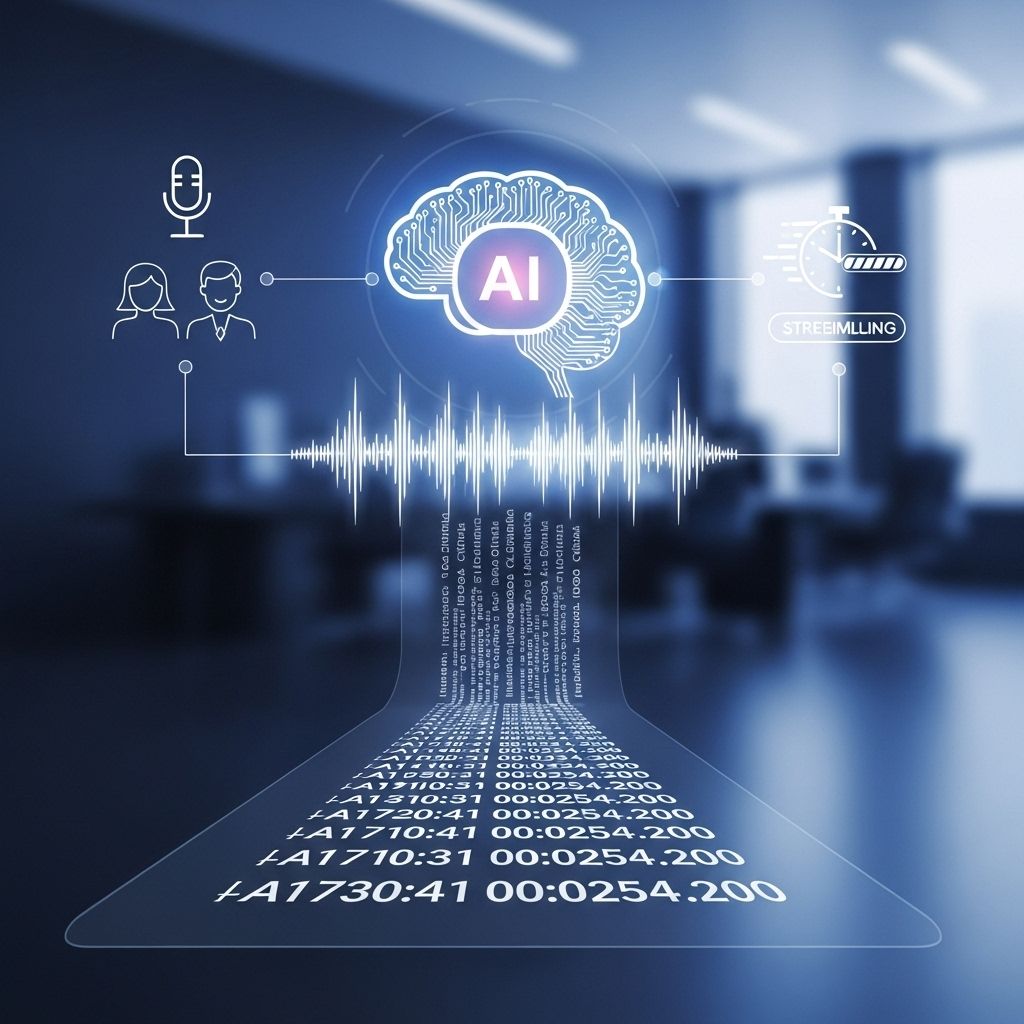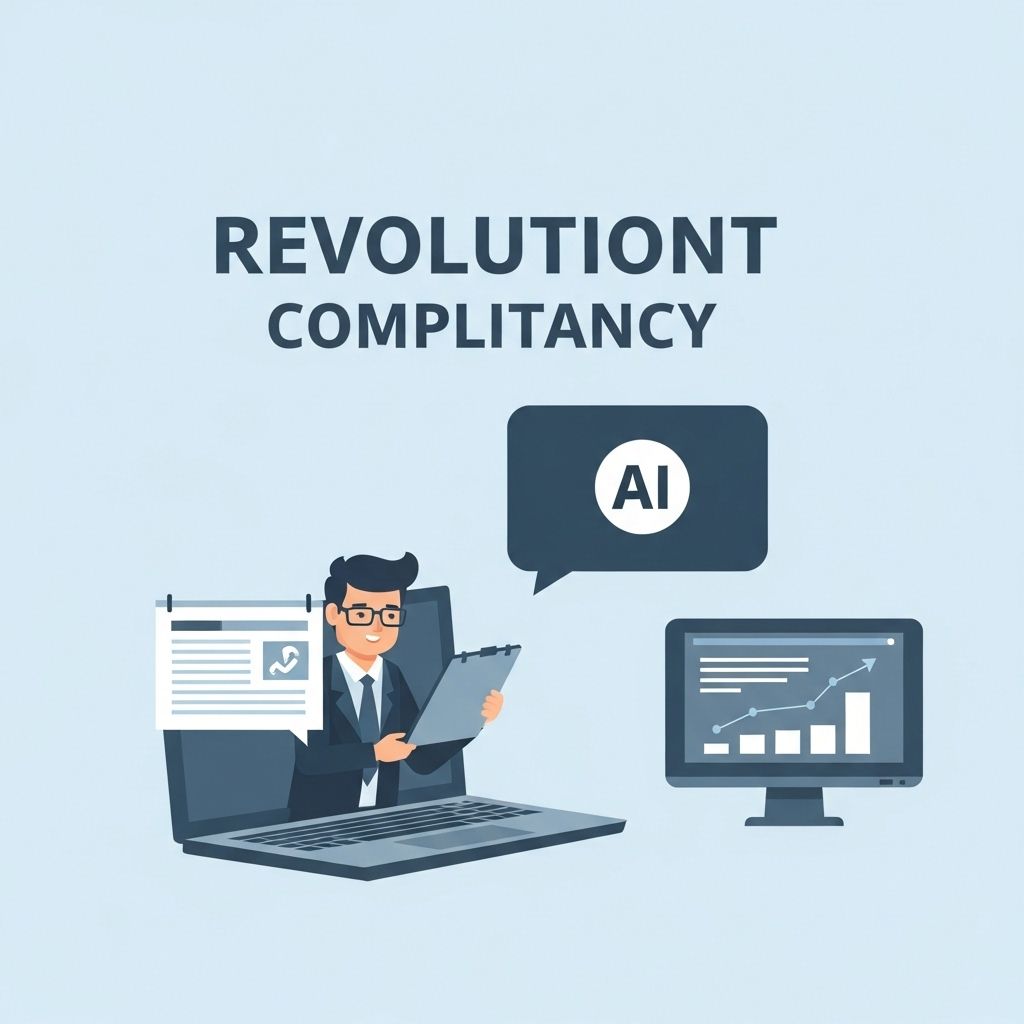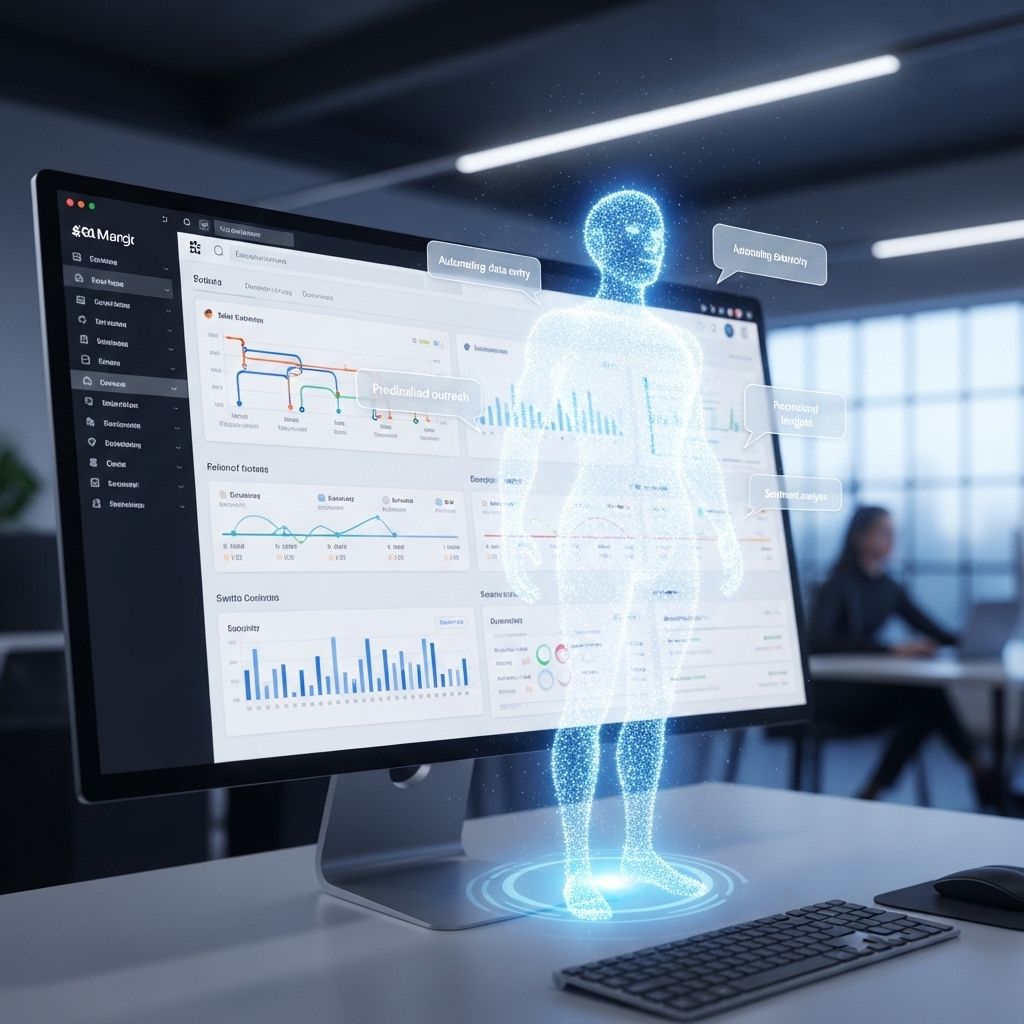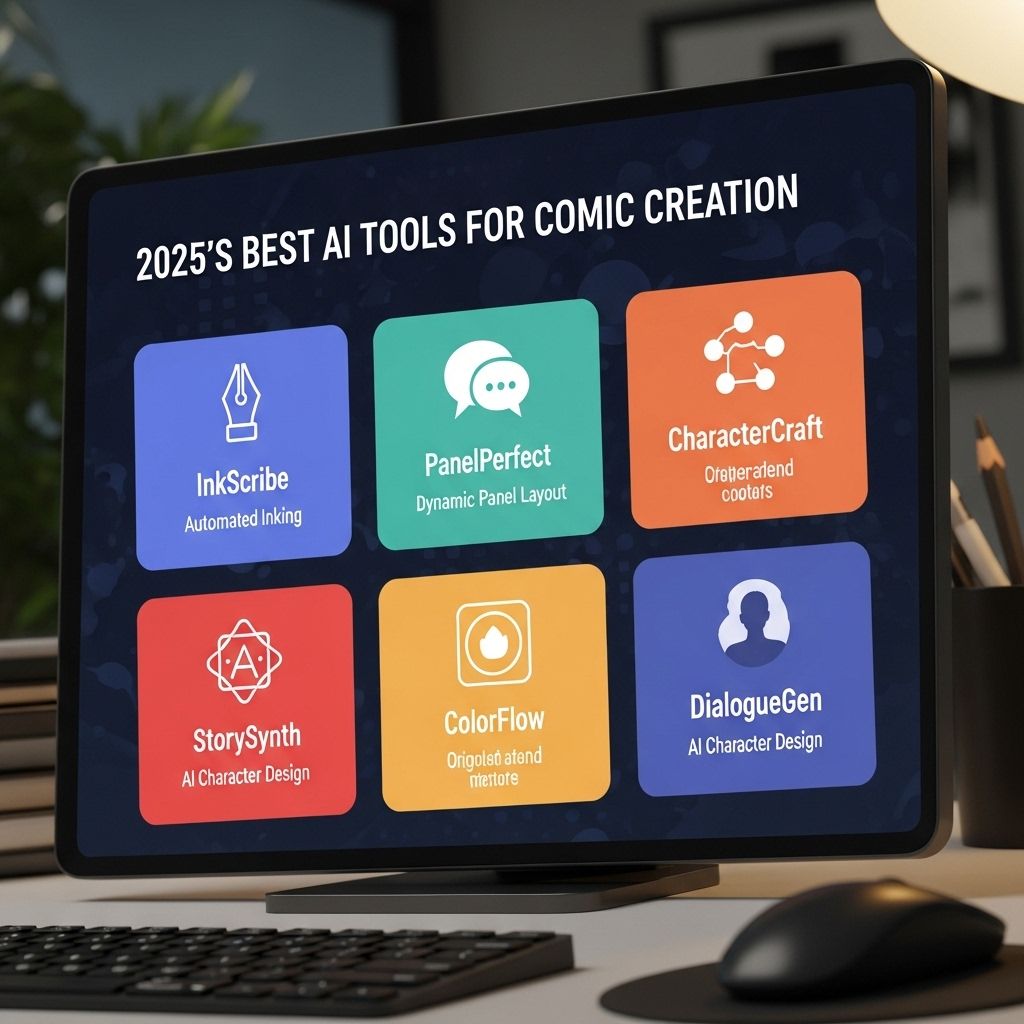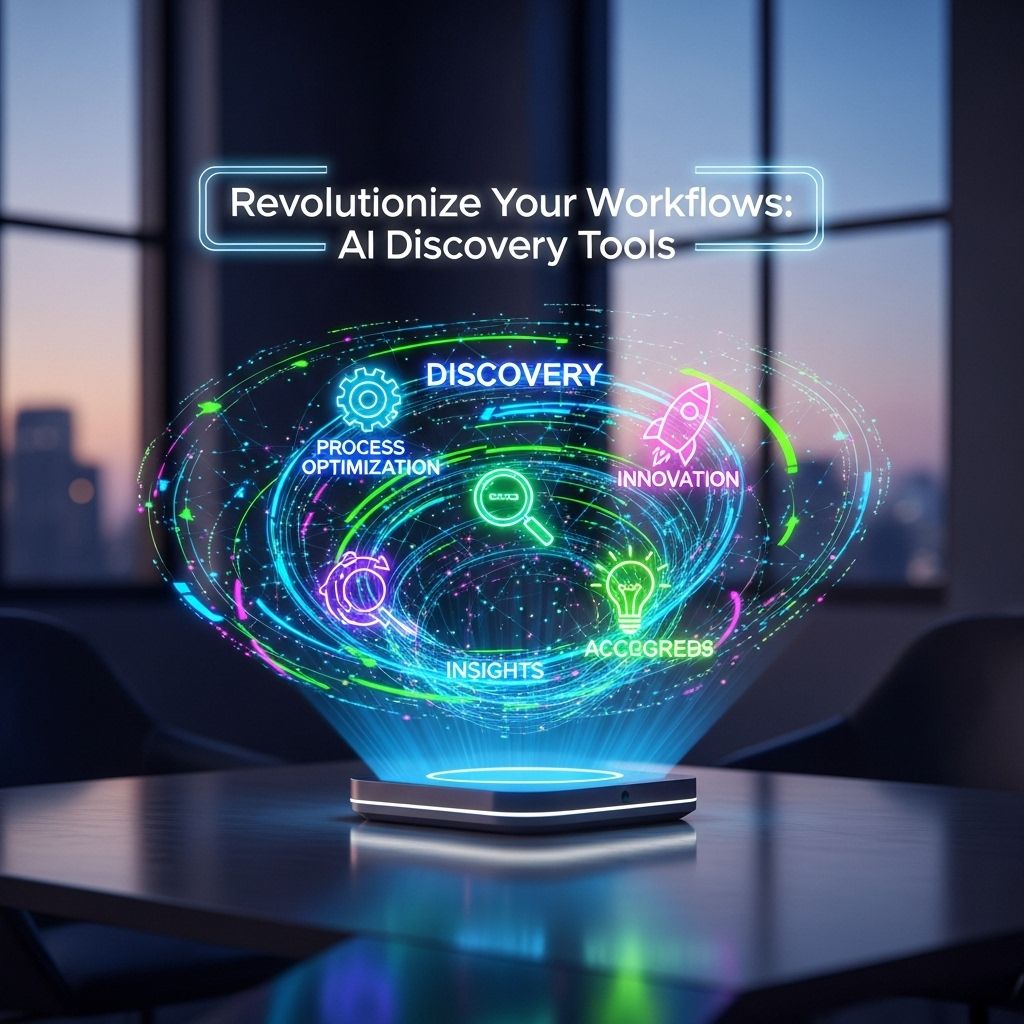Unlock Insights with AI-Powered Collaboration Tools
Discover how AI-powered collaboration tools can enhance teamwork, boost productivity, and unlock valuable insights for your organization.

In today’s fast-paced business world, the need for effective collaboration tools has never been more pronounced. With teams becoming increasingly distributed and projects often spanning across different time zones, the right technology can make all the difference. Enter AI-powered collaboration tools, which not only enhance productivity but also provide valuable insights that can drive project success. This article delves into the features, benefits, and best practices associated with these innovative solutions.
Unlock insights and drive innovation with AI-powered collaboration tools that enhance teamwork and streamline communication. These advanced solutions facilitate more effective brainstorming and decision-making processes, ensuring that every voice is heard. To see how visuals can play a critical role in your projects, check out our 3D mockup collection.
Table of Contents
Understanding AI in Collaboration Tools
AI, or artificial intelligence, refers to the simulation of human intelligence in machines designed to think and learn. In collaboration tools, AI can analyze data, forecast outcomes, and facilitate communication among team members. Here are some key functionalities:
- Natural Language Processing (NLP): Enhances communication by enabling tools to understand and generate human language.
- Machine Learning: Allows tools to improve over time by learning from user behavior and preferences.
- Predictive Analytics: Helps teams make informed decisions based on data-driven insights about project performance.
Types of AI-Powered Collaboration Tools
Several categories of AI-powered collaboration tools are currently transforming the workplace.
- Project Management Tools: Platforms like Trello and Asana integrate AI to prioritize tasks and allocate resources efficiently.
- Communication Tools: Applications such as Slack and Microsoft Teams use AI to filter conversations and recommend relevant channels.
- Document Collaboration: Tools like Google Workspace utilize AI to suggest edits and improve collaborative writing.
- Data Analytics Platforms: Solutions such as Tableau and Power BI leverage AI to visualize data and derive actionable insights.
Benefits of AI-Powered Collaboration Tools
Implementing AI in collaboration tools offers numerous advantages:
| Benefit | Description |
|---|---|
| Increased Efficiency | AI automates routine tasks, allowing team members to focus on higher-value activities. |
| Enhanced Communication | AI helps streamline communication, ensuring that critical information is easily accessible. |
| Improved Decision Making | Insights generated by AI can lead to better-informed, data-driven decisions. |
| Better Resource Allocation | AI tools help identify the right resources for tasks based on historical data and project requirements. |
Real-World Applications
Organizations across various industries are leveraging AI-powered collaboration tools to enhance teamwork and productivity. Here are some noteworthy examples:
- Marketing Teams: Use AI tools to analyze customer behavior and tailor campaigns accordingly.
- Software Development: Employ AI to predict bugs and streamline the coding process.
- Remote Teams: Use AI chatbots to manage routine inquiries, freeing up time for strategic discussions.
Challenges and Considerations
While the benefits are significant, there are challenges to consider when adopting AI-powered collaboration tools:
Data Privacy Concerns
Implementing AI often requires access to large datasets, raising concerns about data privacy and security. Organizations must ensure they comply with regulations like GDPR and have robust data protection measures in place.
Resistance to Change
Employees may be resistant to adopting new technologies due to fear of the unknown. Effective change management strategies, including training and support, are essential to ease the transition.
Best Practices for Implementation
To successfully integrate AI-powered collaboration tools into your organization, consider the following best practices:
- Assess Your Needs: Before selecting a tool, identify the specific collaboration challenges your team faces.
- Involve Stakeholders: Engage team members in the selection process to foster buy-in and ensure the tool meets their needs.
- Provide Training: Offer comprehensive training sessions to help employees become proficient with the new tools.
- Monitor Usage: Track usage patterns and gather feedback to continuously improve the collaboration experience.
Future Trends in AI Collaboration Tools
As technology continues to advance, the landscape of AI-powered collaboration tools will keep evolving. Here are some emerging trends to watch for:
- Integration with Virtual Reality (VR): The combination of AI and VR could revolutionize remote collaboration, providing immersive meeting experiences.
- AI-Powered Personal Assistants: Tools that act as personal assistants to help manage schedules, tasks, and reminders will become more prevalent.
- Increased Customization: AI will enable more personalized user experiences, adapting to individual preferences and work styles.
Conclusion
The rise of AI-powered collaboration tools marks a significant shift in how teams work together. By understanding the capabilities and benefits of these tools, organizations can harness their potential to foster innovation and productivity. As we look to the future, staying informed about the latest trends and best practices will be key to leveraging AI effectively in collaborative environments.
FAQ
What are AI-powered collaboration tools?
AI-powered collaboration tools are software applications that use artificial intelligence to enhance teamwork and communication among users, streamlining workflows and improving productivity.
How can AI enhance team collaboration?
AI can enhance team collaboration by providing insights through data analysis, automating repetitive tasks, facilitating communication, and personalizing user experiences to fit team needs.
What are the benefits of using AI collaboration tools?
The benefits of using AI collaboration tools include increased efficiency, better decision-making through data insights, improved communication, and enhanced creativity and innovation within teams.
Are AI collaboration tools suitable for remote teams?
Yes, AI collaboration tools are particularly beneficial for remote teams as they provide features that support virtual communication, project management, and real-time collaboration regardless of geographical location.
Can AI collaboration tools integrate with existing software?
Many AI collaboration tools offer integration capabilities with existing software applications, allowing teams to streamline their workflows and maintain consistency across platforms.
How do I choose the right AI collaboration tool for my team?
To choose the right AI collaboration tool, consider factors such as your team’s specific needs, features offered, ease of use, integration capabilities, and user reviews or testimonials.



